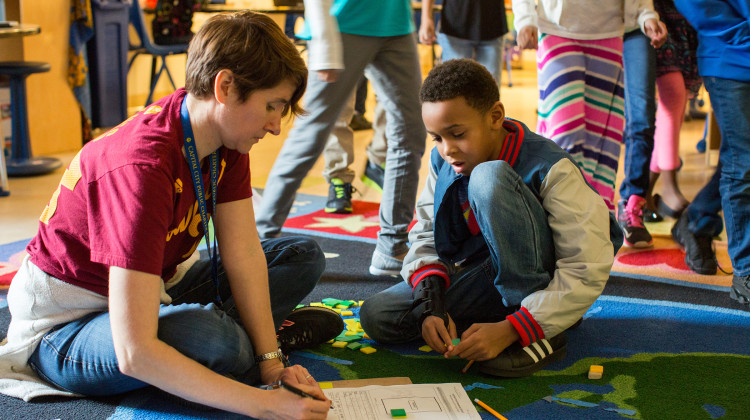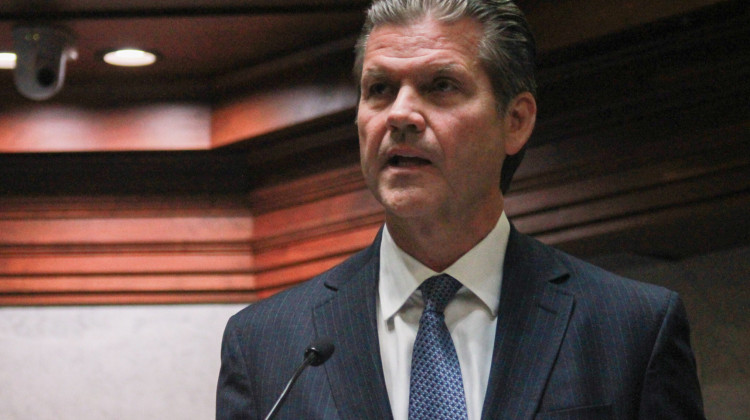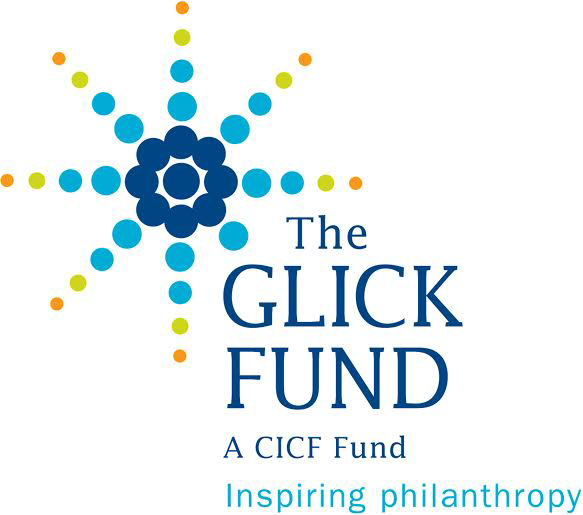Indianapolis Public Schools officials are saying no to more partnerships with charter schools for next school year. This decision breaks with years of growing this model and comes during the ongoing search for a new superintendent.
But district leaders say this does not signal a shift in policy.
“I think it just signals what we continue to do, which is to make sure partnerships make sense and partner when it does,” IPS interim superintendent Aleesia Johnson says. “If it doesn't for either party say that's OK, too.”
Several already existing charter networks expressed interest in a partnership with IPS – Tindley Accelerated Schools, Phalen Leadership Academies and Purdue Polytechnic -- and the proposed Invent Learning Hub but none will come to fruition this upcoming school year. KIPP Indy Public Schools is the exception -- last month the school board approved the partnership with its future high school. This decision won’t affect any schools from opening.
These partnerships allow charter schools to access local property tax dollars and services via IPS. These schools’ A-F accountability grade and test scores are part of the formula used by the state to grade the district. Nearly a quarter of IPS students attend innovations schools.
Last year, the district ‘restarted’ failing schools with charter school operators Matchbook Learning and Urban Act Academy. Over the last four years, IPS has also created partnerships with Herron High School, Kindezi Academy, and Global Prep Academies among other groups.
“We're kind of in an interim phase with a new board, [interim] superintendent, and I don't think anything has happened at the board level that would lead me to believe we're seeing a shift in strategy,” says Brandon Brown, CEO of The Mind Trust, a nonprofit that supports charter and innovation schools. Brown says the support he's seen for the innovation model is still strong.
Two recently elected school board members –– Taria Slack and Susan Collins –– campaigned against the expansion of charter partners and the innovation model. However, Collins did vote in favor of the partnership with KIPP Indy.
IPS Board of Commissioners president Michael O’Connor says the differing opinions didn't drive its decision, “But is that sort of what is driving this? No, I don't think it is. I think it's a good and rigorous process.”
O’Connor says the school board and district consider the feasibility of a school’s academic model while considering if it’s a good fit for a district partnership, among other factors. He says he doesn’t want to approve schools for the sake of a partnership.
“You don't want to say, ‘Oh my gosh, this year, we've only got one or two, or whatever and put something in that maybe does need that extra one more year,” O’Connor says.
Head of Purdue Polytechnic schools Scott Bess says the district told him it didn’t have the support on the school board to approve a partnership for its second Purdue Polytechnic High School. In 2017, Purdue’s first high school was approved as a district partner at a downtown location.
“We're in a little different position that we're not trying to use an IPS facility, we're not using IPS transportation, we don't need any of the services that they offer to operate the school,” Bess says of the second school temporarily located next to Broad Ripple High School. “We thought it made sense more from a community partnership position.”
IPS leaders say concerns around the school’s temporary location and low enrollment led them to decide not to move forward with an agreement. During a meeting last month, enrollment at the new school was far below projections.
“We just need to get a little bit further down the road to see how things are playing out to see if it makes sense for both our district and for them to be in a second partnership,” Johnson says.
School board president Michael O’Connor says when the board voted to partner with Purdue Polytechnic’s downtown location they knew where its permanent location would open -- at the former P.R. Mallory building on East Washington Street. The north campus does not yet have plans for a permanent location.
“The relationship is good and solid, we feel great about that” Bess says about IPS. “It's just sometimes timing is everything.”
Brown says the IPS Board’s current reluctance to partner with Purdue Polytechnic is a specific situation that shouldn’t be considered as indicative of a bigger trend. Purdue has vied for the Broad Ripple High School, a move that caused tension within the district.
“I think that school, in particular, was specific to that context,” Brown says. “I think it would be wrong to read that into any broader trend, because that context right now is so emotional, and it's so fragile.”
It remains to be seen if Purdue Polytechnic High School north could wind up at the closed Broad Ripple High School. A bill that passed the Indiana General Assembly and awaits the governor’s signature, would allow Purdue Polytechnic to find a permanent location on the 16-acre plot.
Earlier this year, IPS also announced no ‘restart’ of failing schools for next school year, another diversion from previous years’ decisions.
IPS officials say several of the charter networks and proposed innovation schools may return next year to reapply for a partnership. Commissioners are expected to discuss the partnerships at Thursday’s school board meeting.
 DONATE
DONATE









 Support WFYI. We can't do it without you.
Support WFYI. We can't do it without you.